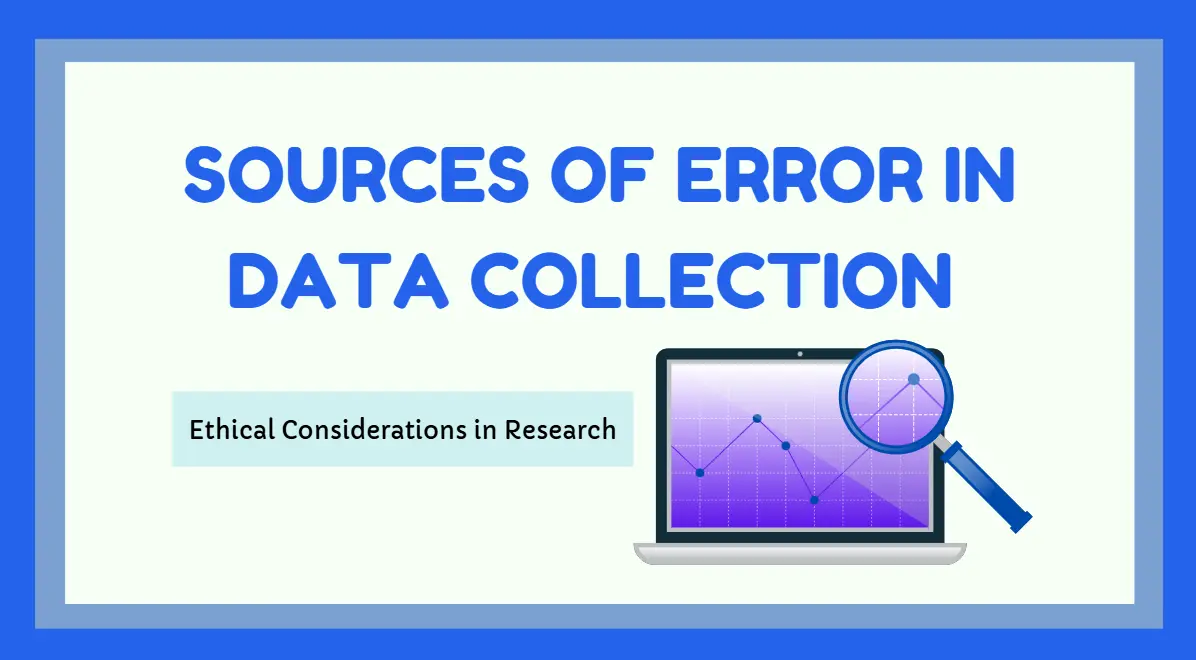
Health-related research presents a unique intersection of academic inquiry, public interest, and ethical dilemmas. For students preparing to write a research proposal, dissertation, or thesis on health-related topics, understanding the ethical considerations is crucial.
Knowing ethical considerations in health-related research involves not only following institutional requirements but also respecting the integrity of the study – to respect the people in the study.
Steps to Address Ethical Considerations in Health Research
Here are the steps to guide you through the ethical considerations in your health-related research.
1. Obtain Informed Consent and Maintain Confidentiality
In research, acquiring informed consent is a basic principle. You must ensure that when you conduct research, the privacy and confidentiality of the subject are maintained. You also must note, sensitive information cannot be used without consent.
Informed Consent: Be sure your subject (or their representative) is fully aware of your research, what methods you used, what type of information you are collecting, and how you use the results. You will also want explicit consent, even if it is publicly available data, particularly when the data relates to health.
Confidentiality: Protect the health information and private information of the subject. This consent is especially important for students doing qualitative studies such as interviews, to be aware of what health information might be disclosed.
Tip for students: When writing your research proposal, provide a distinct section addressing informed consent and data confidentiality. If you are using secondary data, note the access limits of that data and carefully account for privacy.
2. Ensure Objectivity and Minimize Bias in Data Collection
Dealing with the public's intrinsic bias is another popular problem in health research. Regardless of whether your inquiry is about a disease, behavior, or its relation to health, the idea is that you never want public perception to bias the inquiry.
In the research design, document how you plan to remain objective in your collection of data. You should not say that you are relying on public opinion but rather, rely on verified Health Department updates, official public statements, and official documents.
Resolving Bias: Be forthright in the methodology of your dissertation about how you will deal with personal bias, especially if you have a vested interest in the topic at hand. In other words, if you are thinking of a study revolving around Dolly
Student Tip: When you present your research methodology in a dissertation or proposal, aim to be as rigorous as possible and should account for any potential bias in your proposal. If you are conducting a study that includes a media analysis or the media's analysis of health, be sure to explain how you can be objective when collecting public opinions on Dolly Parton's health.
3. Consider the Potential Harm and Public Impact
Researching health-related issues, can often be a sensitive area of inquiry, in terms of addiction, mental health, or chronic illness. While the research you present may have implications for health in the public domain, there can also be some potential harm to the individual involved, particularly if your research is misappropriated or sensationalized upon publication.
Risk Consideration: In your research proposal, it is important to address risk factors around the publication of sensitive data. For example, if your research involves sensitive or difficult issues regarding health, you might think through the risks associated with the potential for misinformation or claims made without proper evidence and how the data could affect individuals in your sample.
Public Effects: Health research findings can affect the public's understanding of the health issues in question. This could result in broad public observation of health issues or misinformation that might perpetuate a stereotype. If your research is about health updates on Dolly Parton, for example, think about the consequences of that research on the public's understanding of health issues.
An idea for students: When you are developing your literature review, consider an analysis of how health studies were reported or displayed in the media. Then offer some risks and ethical questions in your methodology section.
4. Adhere to Institutional Ethical Guidelines
Every academic institution defines its own ethical guidelines for research, especially for studies involving human subjects. Even if you have a publicly available health data, or even if you are conducting public interviews, you have an ethical guideline to follow.
Institutional Review Board (IRB) Approval: Overwhelmingly in human research, you will need to get an IRB approval. Prior to conducting your study, gain approval from your institution ethics committee. Approval from an ethics committee provides assurances that ethical research standards are being effectively implemented including rights of the study participants.
At times ethical governance is required if your research involves secondary data (e.g. health accounts, public interviews, and news stories) even if you are not the original researcher. Discuss with your supervisor and ethics board the appropriate methods of utilization of secondary data.
Tip for Students: When sitting down to write your dissertation proposal, be sure to have all your favorite ethics plan in place and include any ethical approvals that would be required for your research methodology and your data collection process.
5. Respect the Boundary Between Public and Private Health Information
When researching health, you need to consider any difference between public and private information.
Respect for Privacy: Even if health-related information is publicly available through media or social media platforms, researchers have a responsibility to use that information judiciously. Respondents may disclose portions of health status information for public consumption, but that does not automatically legitimize research on all health information.
For example, when folks might have public exchanges of information about Dolly Parton and whether she might be sick, it is wrong to engage or comment on whatever is said in those public exchanges without respect for the issue.
Ethical Representation: When you write or publish data, you'll present the health status of the respondent(s) fairly. For example, your intent may be to inform the public while also assuring that they understand the nuance of a disclosed or sensitive data, but without providing false hope or immunity claims.
Conclusion
Addressing ethical considerations in health research is an essential part of writing a research proposal, dissertation, or thesis. By obtaining informed consent, maintaining objectivity, assessing potential harm, and adhering to ethical guidelines, students can ensure that their research is both academically rigorous and respectful of the individuals they study.
Let us experts take the worries of your research paper writing off of your shoulders. Research proposals, dissertations, and thesis are our specialties; we provide expert input on how to best ensure you write a solid piece of work.
Contact us today to see how we can help elevate your research project, with confidence!













